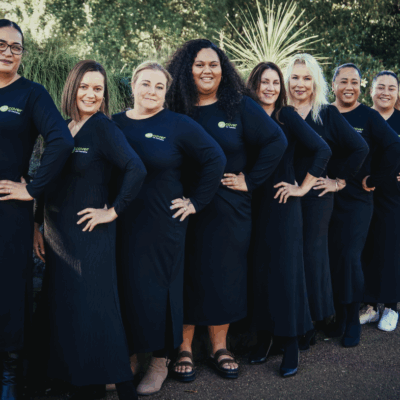Crime, costs and compliance key election priorities
Nearly two-thirds of SME leaders believe it’s time for a change in government, as crime, the rising cost of living and complex compliance requirements sit top of mind.
Nearly two-thirds of New Zealand’s local SME leaders believe it’s time for a change in government, as crime, the rising cost of living and complex compliance requirements sit top of mind ahead of the election.
According to the latest SME Snapshot from business management platform MYOB, 64% of SMEs polled say that it is time for a change in government at the election in October, while just over 1-in-5 (21%) believe the current Government deserves to be re-elected and 1-in-10 say it doesn’t make any difference to them who is in power.
The nationwide survey also revealed that local business leaders are clear that improving law and order, reducing costs to households, cutting red tape and a focus on skilled labour needs, should feature among the next Government’s key priorities.
SMEs’ top priorities for the next elected Government over the new term are:
- Harsher penalties for criminals: 43%
- Remove GST from fresh food items: 33%
- Tax law simplification and streamlined compliance: 28%
- Increased investment in crime prevention and protection for business owners: 24%
- Targeted support for increased availability of skilled migrant workers: 20%
MYOB Chief Employee Experience Officer and Government Policy lead – Helen Lea, explains that while there is a mood for change from SMEs, their priorities and concerns often overlap with what is on the radar for many Kiwis.
“With more than 550,000 SMEs in New Zealand, local business owners and the people who work for them represent a significant voting base. They are at the heart of our communities, and we consistently see that with the exception of some business-specific policies, they are eager to see action on issues affecting all New Zealanders,” says Lea.
“The past few years have presented numerous hurdles for business and since the last General Election, we have seen a steady but consistent drop in satisfaction around the Government’s support of business from the SME community, coinciding with falling economic confidence. With 64% of SMEs polled in our 2023 Business Monitor admitting they were dissatisfied with the current Government, this sentiment is likely contributing to their current desire for change.”
The SME party vote
In terms of which political party SMEs believe has a greater understanding of their business needs, National ranks highest on 47%, with Labour and ACT following on 15% each.
The new poll shows the voting intentions of SME decision-makers also reflect this sentiment. Currently, National is leading the SME vote, with 42% of business decision-makers surveyed expecting they’ll cast their vote for them this election, while Labour and ACT both sit at 15%, followed by the Green Party on 6%, NZ First on 5%, and Te Pati Māori on 4%.
Lea highlights that while the local business sector may be perceived to have traditionally had stronger alignment with National and ACT, Labour enjoyed a strong surge in support from SMEs in 2020.
“While it might not be surprising to some to see National at the top of the ballot for SMEs, we saw a very different picture in the run up to the 2020 General Election and in our polling afterwards, with Labour garnering the most votes from New Zealand’s SMEs,” says Lea.
“This year we’re seeing a return to previous form, with National likely to secure more votes from leaders of local small and medium businesses. Interestingly, we are also seeing ACT polling strongly amongst some key sectors that are traditionally National Party territory, including the professional and property services industry and agribusinesses.”
Opportunities to build SME support
Despite being clear on policy priorities and which party they will likely cast their vote for, unfortunately the majority of SMEs believe either not enough (42%) or very little attention (31%) will be paid to the issues affecting business owners this election.
“With more than two months still to go, there is plenty of opportunity for the party leaders and senior spokespeople to increase their engagement with local SMEs and likewise make it clear through their policy approach to pressing issues, that they are committed to making Aotearoa a place where businesses can grow and thrive,” says Lea.
“For almost two thirds of SME decision-makers, policy is what has the most influence over where their vote goes, ahead of the party’s leader and the party’s track record, so party manifestos and new policy announcements will be key catalysts to drive voting consideration as SMEs assess which party best reflects their values and who is taking action on the issues they care about.”
The latest MYOB SME Snapshot (with fieldwork conducted by Dynata) comprises a nationally representative sample of 551 owners and senior decision makers in SMBs across New Zealand. The survey was conducted between 26th June and 3rd July 2023.






